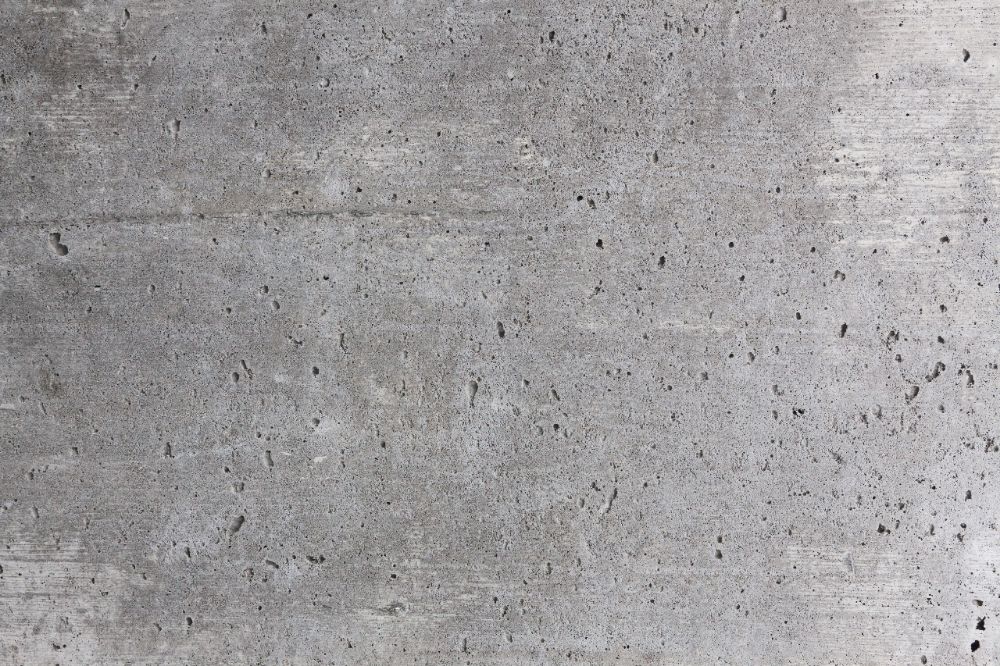Professional Concrete Setup: Changing Your Room with Solid Structures
Professional Concrete Setup: Changing Your Room with Solid Structures
Blog Article
Unveiling the Eco-Friendly Advantages of Making Use Of Recycled Concrete in Lasting Building And Construction Practices
In the world of lasting building methods, the use of recycled concrete stands as an essential yet usually underestimated source. Past its traditional applications, recycled concrete deals a myriad of green benefits that expand much beyond the boundaries of typical construction products. From decreasing environmental influence to enhancing cost-efficiency, the ramifications of integrating recycled concrete in lasting structure techniques are considerable. This versatile material not just addresses pressing environmental concerns yet likewise presents a sensible option to the challenges encountered by the building and construction market at large.
Ecological Benefits
Undoubtedly, one of the most substantial benefits of making use of recycled concrete is its favorable effect on the setting. By including recycled concrete right into building practices, there is a substantial decrease in the requirement for new basic materials, resulting in conservation of natural sources. This process helps in protecting accumulations, water, and power that would certainly have been used in generating new concrete. In addition, the use of recycled concrete decreases the amount of waste being sent to land fills, consequently minimizing environmental air pollution and alleviating the pressure on garbage dump capabilities.

Furthermore, the production of traditional concrete is a considerable source of carbon discharges due to the energy-intensive process of concrete manufacturing. In contrast, recycled concrete has a lower carbon impact as it minimizes the demand for new concrete manufacturing. This decline in carbon discharges adds to mitigating climate change and sustains lasting construction practices. On the whole, the ecological benefits of making use of recycled concrete are significant and play a vital duty in advertising environmentally friendly construction methods.
Cost-Efficiency
Attaining cost-efficiency is a critical consideration when analyzing the use of recycled concrete in construction tasks. One of the crucial advantages of using recycled concrete is its cost-effectiveness contrasted to conventional concrete.
In addition, making use of recycled concrete can cause savings in land fill expenses by drawing away concrete waste from disposal sites. This not only reduces the environmental effect yet also eliminates the expenses connected with waste removal. The toughness and performance of recycled concrete are comparable to traditional concrete, making sure that expense savings do not jeopardize the high quality of the building.
Toughness and Stamina
Thinking about the considerable cost-efficiency advantages of using recycled concrete, it is necessary to analyze its durability and strength in building applications. Recycled concrete offers comparable, otherwise premium, longevity and toughness buildings to traditional concrete. Through advancements in processing techniques and quality assurance, recycled concrete can satisfy or go beyond the performance criteria of conventional concrete. The process of recycling concrete involves crushing, sorting, and evaluating old concrete to create aggregates that can be utilized in new building jobs. These recycled accumulations are qualified of supplying satisfactory compressive strength, durability, and lasting efficiency.

Waste Reduction
When it comes to making use of recycled concrete, waste decrease is a vital advantage that adds dramatically to ecological preservation. By integrating recycled concrete into construction projects, this waste is repurposed and drawn away from land fills, reducing the total environmental effect of construction activities.
Recycled concrete not only helps in reducing the amount of waste that ends up in landfills but also conserves natural deposits by decreasing the demand for new great post to read accumulated products. This process of waste reduction advertises a round economy within the building market, where materials are reused and recycled to develop an extra lasting market. Furthermore, the use of recycled concrete can cause set you back financial savings for building and construction tasks, as it is typically more affordable than sourcing and carrying new products. To conclude, waste decrease via the use of recycled concrete is a vital part of lasting building and construction practices that profits both the construction and the atmosphere sector overall.
Power Conservation
Energy preservation is a vital facet of sustainable building practices, intending to lower the overall energy usage connected with structure operations and materials production. Substantial power savings are accomplished contrasted to conventional concrete production when it comes to utilizing recycled concrete in my explanation construction. The procedure of producing recycled concrete entails crushing and reusing existing concrete materials, which takes in much less power than mining, handling, and transporting raw materials for new concrete manufacturing. In addition, using recycled concrete can assist lower the need for virgin accumulation, further minimizing the energy-intensive removal and processing of natural sources.
Final Thought
To conclude, the usage of recycled concrete in sustainable construction methods supplies many environmental advantages, cost-efficiency, durability, toughness, waste reduction, and power preservation. By integrating recycled concrete into building and construction jobs, we can add to an extra sustainable and ecologically friendly future. It is necessary for the building industry to prioritize making use of recycled products to assist minimize the ecological influence of building activities.
One of the key benefits of using recycled concrete is its cost-effectiveness contrasted to conventional concrete.Moreover, the usage of recycled concrete can lead to cost savings in land fill expenses by diverting concrete waste from disposal sites. The resilience and efficiency of recycled concrete are equivalent to standard concrete, making sure that expense financial savings do not jeopardize the quality of the building and construction.

Report this page